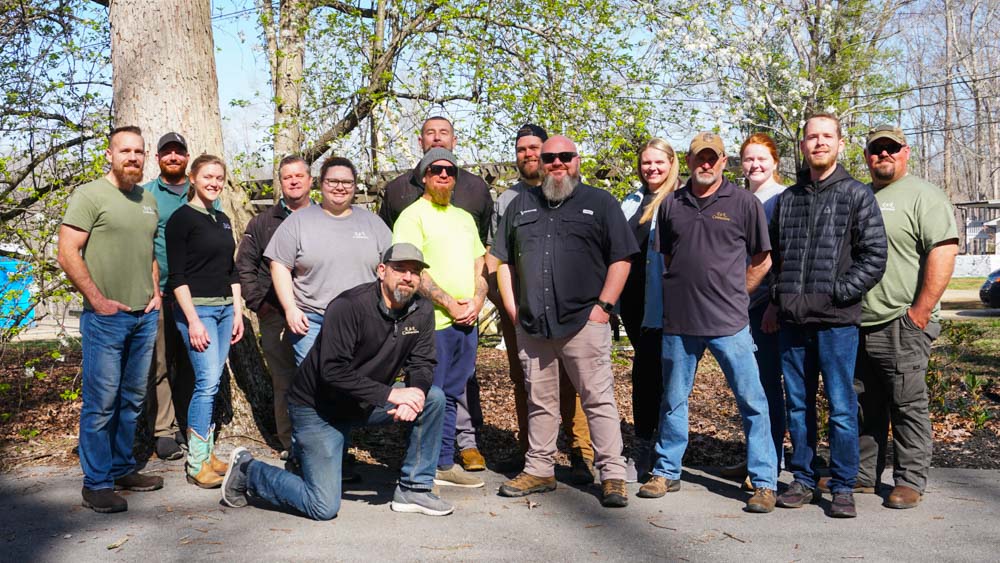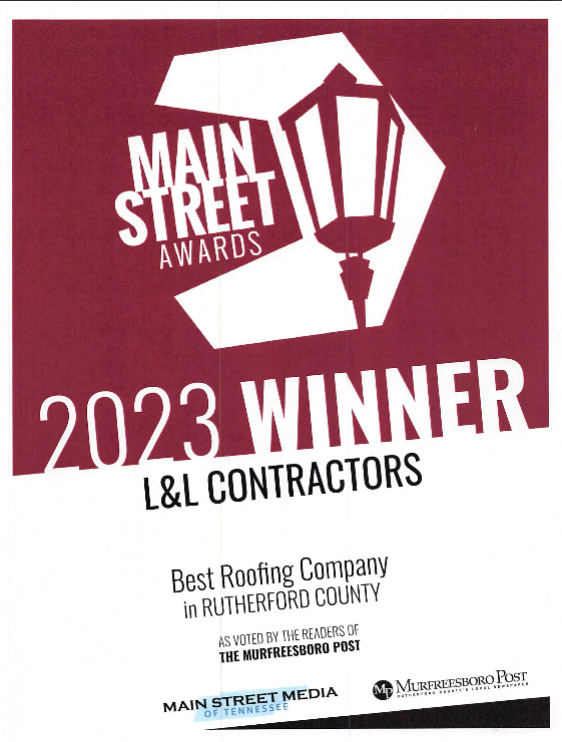Builders, architects, and contractors can have differing opinions on what makes the best material for roofing. This can leave consumers and “newbies” confused. Asphalt and metal roofing options provide different functionalities and benefits. The best way to decide which roofing option is right for you, as a consumer, is to consider your needs/wants and use the material that will meet those needs/wants.
Asphalt is the most popular building material in roofing. It is estimated that almost 4 out of 5 houses in subdivisions are made from asphalt. However, the Metal Alliance claims that metal roofing is long lasting and worth the investment. Both materials offer versatility, but there are many differences between the two. Figure out which one will work for you by exploring the pros and cons of each below.
Pros of Asphalt Roofing
- Economical: Asphalt provides quality at an affordable price. There is also a range of available options to meet different budgets.
- Reputation and Trust: Asphalt has been used for over a century and builders know how to use it and what to expect. Therefore, consumers trust and know the product because of its popularity.
- Easy to work with and install: There are many professional companies that are able to work with asphalt and it requires less expertise than installing metal or other building materials.
- Many style options: Asphalt provides many different color and style options to allow for the aesthetic appeal your trying to achieve.
- Easy to repair: Some repairs only involve replacing a portion of the shingles and most repairs are relatively easy and quick, when performed by a professional.
Cons of Asphalt Roofing
- Heavyweight: Asphalt is heavier than the majority of metal options and can weigh up to 500 pounds per square (100 Sq.feet).
- Can look dull/boring: Although many color options are available, production-housing builders tend to choose one standard color that can be dull and boring.
- Not as resistant to extreme weather: Although there are shingles that are more resistant to wind and harsh weather, the cost goes up significantly for these options.
- Not as long lasting: Manufacturers warranties range from 20 years to a limited lifetime warranty, however the average lifetime is around 25 years.
- Not as environmentally friendly: The EPA estimates that shingle waste makes up about 8% of building-related waste. Shingles do not offer the recyclable aspect that other materials can.
Pros of Metal Roofing
- Lightweight: Metal roofing can weigh between 50-250 pounds per square, depending on variety, making it one of the lightest roofing materials.
- Weather Resistant: Metal roofing is less susceptible to wind and storm damage, protecting against leaks. It is also fireproof. Some insurance companies even provide reductions for using metal roofing.
- Longevity: Metal roofing generally lasts longer than asphalt options. Depending on what type of metal you use, metal roofs can last a lifetime. Generally, metal roofs last an average of about 60 years, given that proper maintenance is performed. Many metal roofs come with 50 year limited warranties.
- Eco Friendly: Metal roofing is recyclable and it is one of the most energy efficient materials.
Cons for Metal Roofing
- High Cost: The expense associated with metal is often the most off-putting to consumers. It can be up to 3 times more expensive than asphalt.
- Expansion/Contraction: Some argue that the expansion and contraction of metal roofing can compromise the watertight seal that a roof should maintain. However, this often depends on the care taken during the installation process.
- Selection determines quality and performance: Low-end materials such as steel are not going to be as effective and long lasting as stainless steel, copper, and zinc. The most popular in use today is Galvalume which is 55% aluminum-zinc coated steel sheets.
- Can have a rustic appearance/association: Many people associate metal roofing with barns or agricultural buildings, making them seem out of place in a subdivision.
- Reputation/Perception of past issues: In past years, metal roofing was not as resilient to salt, extreme heat, and precipitation. Now, resin paints prevent corrosion and rust in these circumstances, but people still have concerns about rust and corrosion.











